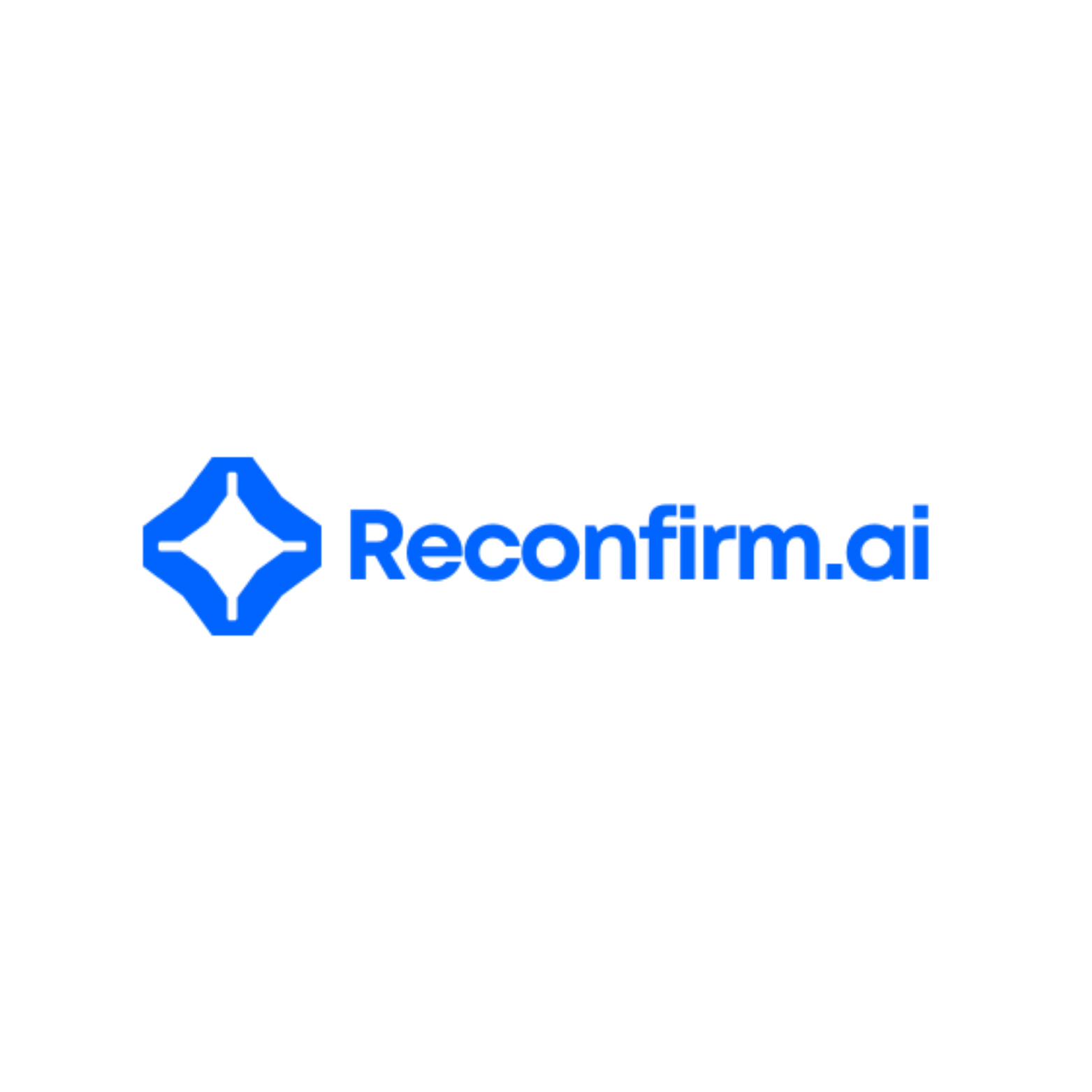The hospitality industry is undergoing a significant transformation, driven by advancements in artificial intelligence (AI). From enhancing guest experiences to streamlining operations, AI is poised to redefine how hotels and tourism businesses operate. This blog explores seven impactful use cases of AI in the hospitality sector, highlighting its advantages and future prospects.
1. Personalized Guest Experiences
AI enables hotels to offer highly personalized services by analyzing guest data, preferences, and behaviors. This includes tailored room settings, customized recommendations, and personalized communication. Such personalization enhances guest satisfaction and fosters loyalty.
2. AI-Powered Chatbots and Virtual Assistants
Implementing AI-driven chatbots and virtual assistants enables hotels to provide 24/7 customer support, efficiently handling inquiries, bookings, and service requests. This not only improves response times but also frees up staff to focus on more complex tasks.
3. Predictive Maintenance and Smart Energy Management
AI systems can predict equipment failures and schedule maintenance proactively, reducing downtime and maintenance costs. Additionally, AI optimizes energy consumption by adjusting lighting, heating, and cooling based on occupancy and usage patterns, promoting sustainability.
4. Dynamic Pricing and Revenue Management
AI algorithms analyze market trends, demand patterns, and competitor pricing to adjust room rates dynamically. This ensures competitive pricing, maximizes occupancy, and increases revenue.
5. Enhanced Marketing Strategies
AI assists in creating targeted marketing campaigns by segmenting customers based on their preferences and behaviors. This leads to more effective promotions, higher conversion rates, and improved customer engagement.

6. Hotel Booking Reconfirmations
One of the emerging use cases of AI in hotels is automated reconfirmation of bookings. Instead of relying on manual calls or basic hotel confirmation numbers, AI systems can now verify booking details such as guest names, room types, payment status, and special requests by contacting hotels directly.
This reduces booking errors, improves trust, and ensures guests arrive at exactly what they expected. Platforms like Reconfirm.ai are leading this shift by helping travel companies scale high-touch service without adding manual workload.
7. Streamlined Operations and Inventory Management
AI automates routine tasks such as inventory management, staff scheduling, and supply chain logistics. This enhances operational efficiency, reduces errors, and allows staff to focus on delivering exceptional guest services.
8. Sentiment Analysis and Feedback Management
By analyzing guest reviews and feedback through AI-powered sentiment analysis, hotels can gain insights into customer satisfaction and areas needing improvement. This proactive approach helps in enhancing service quality and guest experiences.
Embracing the Future
The integration of AI in the hospitality industry is not just a trend but a necessity for staying competitive and meeting evolving guest expectations. By leveraging AI technologies, hotels and tourism businesses can enhance guest satisfaction, optimize operations, and drive sustainable growth.




